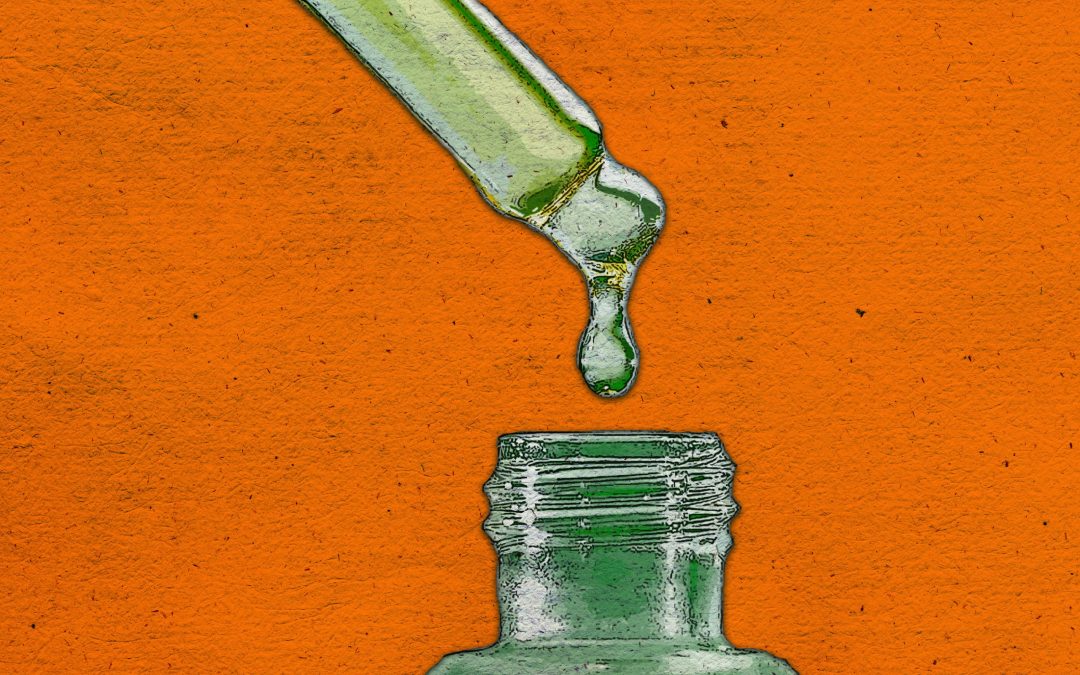Cannabidiol (CBD) is one of approximately 400 compounds found in cannabis, the same plant that produces the psychoactive compound, delta-9-tetrahydrocannabinol (THC). While CBD is a cannabinoid and shares some structural similarities with THC, it does not produce a “high.” Research surrounding CBD is still in its early phases, but preliminary studies indicate that CBD may benefit medical and therapeutic issues such as seizures, neurological diseases, pain, cancer, inflammation, and mood disorders, including post-traumatic stress disorder (PTSD).
Sara Jane Ward, an assistant professor of pharmacology at the Temple University Lewis Katz School of Medicine, tells U.S. News Health that the Drug Enforcement Administration considers CBD, like all cannabinoids, a Schedule I substance. She adds, “…hemp – a variety of the cannabis plant regulated by the U.S. Department of Agriculture – is legal , so long as its THC content is negligibly low. But because the agriculture department doesn’t test for CBD – only THC, more companies are getting away with selling products they say contain CBD.”[i]
In some medical marijuana states, CBD products are allowed to have residual levels of THC up to 5%, dependent on the state. Because of these low to non-existent levels of THC, more companies have started carrying CBD products, even in states where marijuana is not permitted for either medicinal or recreational use. However, it is worth noting that CBD is not legal[ii], at the state level, in all 50 states.
Unlike THC-rich products that do create a high, CBD is perceived as less harmful and comes in several different forms:
- Oil (most popular)
- Beauty and health products
- Vapors
- Infused edibles such as lattes, chocolates, and gummies
Despite the reputation CBD has of being less harmful than products[iii] containing THC, CBD may still cause adverse reactions in some people. Reported side effects from human and/or animal studies include:
- Fatigue/drowsiness
- Changes in appetite
- Decreased blood pressure
- Anxiety
- Possible endocrine disruption
- Altered immune function
- Dizziness
- Psychomotor slowing
- Diarrhea
For the complete article, please click: https://blog.employersolutions.com/cannabidiol-and-drug-tests/

